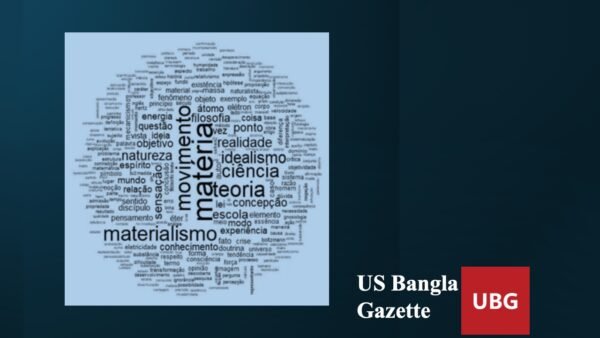Postmodernism is Destroying the World

People are aware of a crisis of some sort—whether it’s social, political, economic, or even existential—but the underlying cause remains unclear to many. There are movements calling for a return to tradition, to something more rooted, authentic, and meaningful, yet the conversations often lack the theoretical rigor to explain why postmodernism is a central force in this crisis.
Erosion of Objective Truth
Postmodernism rejects the idea of absolute truths or universal standards of good and bad, right and wrong. This philosophical shift has left many people feeling disoriented and lost, as there are no longer any clear moral compasses to guide society. With truth now seen as subjective and relative, everything becomes open to interpretation, and meaning becomes fluid. The resulting uncertainty undermines social cohesion and leads to a breakdown of trust in institutions, knowledge, and traditions.
Devaluation of Tradition and Heritage
Postmodernism’s tendency to deconstruct and dismantle long-standing traditions, cultural norms, and authority structures has left societies in a kind of intellectual void. People are questioning what values are worth preserving and what they stand for. While some are calling for a return to tradition, the postmodern dismissal of heritage has made it difficult to know which traditions are valuable, and which ones are worth reclaiming.
Fragmentation of Identity
The focus on individualism and the deconstruction of identity in postmodern thought has led to fragmentation. With no stable or clear cultural narrative to anchor themselves, many people feel a sense of alienation, both from their communities and their own sense of self. The lack of unity and shared purpose is causing societal fractures, as people struggle to define their role in a world that seems increasingly disconnected and unsatisfying.
Cynicism and Distrust of Authority:
Postmodernism, with its suspicion of power structures, has contributed to a general distrust in authority, whether that’s political, academic, or social. While questioning power can be a good thing, unchecked cynicism can lead to paralysis—a society that doesn’t know how to move forward or where to place its trust. When truth becomes a matter of opinion, people become distrustful of the very institutions that could offer guidance or solutions.
Commercialization of Everything
Another significant aspect of postmodernism is its view of everything as a commodity—a shift that has been particularly potent in the age of consumerism. The aestheticization of life, the focus on branding, and the loss of authenticity in art, culture, and even relationships has created a world dominated by surface-level appearances. People feel they are living in a world where real meaning is commodified, and authentic experiences are overshadowed by the desire to consume and project an image. This has left many feeling empty and unsatisfied despite unprecedented material wealth.
The Crisis of Meaning and Values
This postmodern crisis of meaning is not just abstract philosophy—it plays out in real-world consequences. People are searching for meaning, purpose, and connection in a world where traditional structures have been dismantled. When everything becomes a commodity, and all values are relative, it’s hard to build a cohesive, meaningful life.
What’s Happening Now
Many movements today are calling for a return to tradition, to roots, to authenticity. They sense that something is missing, but often struggle to articulate why. There’s a growing hunger for reclaiming heritage, community, and longstanding values, but because postmodernism has thoroughly undermined these foundations, the search for answers is often confused and fragmented.
Reclaiming Tradition and Stability
To reclaim stability in a postmodern world, it’s not enough to simply return to traditional values; we also need to critically re-engage with them in ways that reaffirm their relevance in today’s world. This doesn’t mean rejecting progress outright but finding ways to synthesize modernity with traditional wisdom in a way that brings authenticity, community, and meaning back into focus. Recognizing the root cause of the crisis—postmodernism—is the first step in addressing the cultural fragmentation we’re witnessing. The next step is to rebuild with a clear-eyed understanding of how we got here. That means having a conversation about truth, meaning, identity, and the role of tradition in the modern world.





